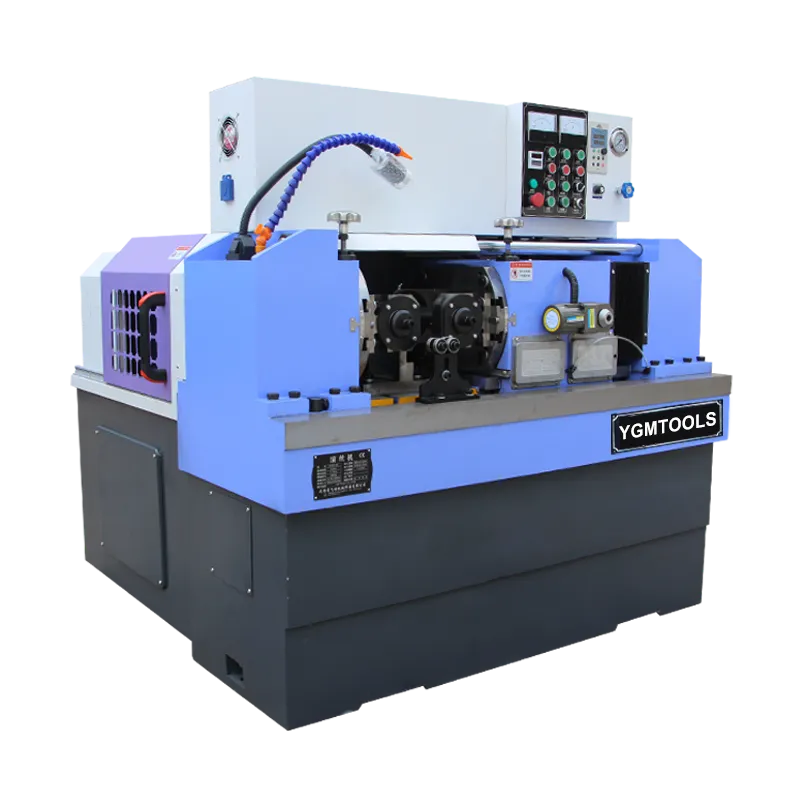
-
 Afrikaans
Afrikaans -
 Albanian
Albanian -
 Amharic
Amharic -
 Arabic
Arabic -
 Armenian
Armenian -
 Azerbaijani
Azerbaijani -
 Basque
Basque -
 Belarusian
Belarusian -
 Bengali
Bengali -
 Bosnian
Bosnian -
 Bulgarian
Bulgarian -
 Catalan
Catalan -
 Cebuano
Cebuano -
 Corsican
Corsican -
 Croatian
Croatian -
 Czech
Czech -
 Danish
Danish -
 Dutch
Dutch -
 English
English -
 Esperanto
Esperanto -
 Estonian
Estonian -
 Finnish
Finnish -
 French
French -
 Frisian
Frisian -
 Galician
Galician -
 Georgian
Georgian -
 German
German -
 Greek
Greek -
 Gujarati
Gujarati -
 Haitian Creole
Haitian Creole -
 hausa
hausa -
 hawaiian
hawaiian -
 Hebrew
Hebrew -
 Hindi
Hindi -
 Miao
Miao -
 Hungarian
Hungarian -
 Icelandic
Icelandic -
 igbo
igbo -
 Indonesian
Indonesian -
 irish
irish -
 Italian
Italian -
 Japanese
Japanese -
 Javanese
Javanese -
 Kannada
Kannada -
 kazakh
kazakh -
 Khmer
Khmer -
 Rwandese
Rwandese -
 Korean
Korean -
 Kurdish
Kurdish -
 Kyrgyz
Kyrgyz -
 Lao
Lao -
 Latin
Latin -
 Latvian
Latvian -
 Lithuanian
Lithuanian -
 Luxembourgish
Luxembourgish -
 Macedonian
Macedonian -
 Malgashi
Malgashi -
 Malay
Malay -
 Malayalam
Malayalam -
 Maltese
Maltese -
 Maori
Maori -
 Marathi
Marathi -
 Mongolian
Mongolian -
 Myanmar
Myanmar -
 Nepali
Nepali -
 Norwegian
Norwegian -
 Norwegian
Norwegian -
 Occitan
Occitan -
 Pashto
Pashto -
 Persian
Persian -
 Polish
Polish -
 Portuguese
Portuguese -
 Punjabi
Punjabi -
 Romanian
Romanian -
 Russian
Russian -
 Samoan
Samoan -
 Scottish Gaelic
Scottish Gaelic -
 Serbian
Serbian -
 Sesotho
Sesotho -
 Shona
Shona -
 Sindhi
Sindhi -
 Sinhala
Sinhala -
 Slovak
Slovak -
 Slovenian
Slovenian -
 Somali
Somali -
 Spanish
Spanish -
 Sundanese
Sundanese -
 Swahili
Swahili -
 Swedish
Swedish -
 Tagalog
Tagalog -
 Tajik
Tajik -
 Tamil
Tamil -
 Tatar
Tatar -
 Telugu
Telugu -
 Thai
Thai -
 Turkish
Turkish -
 Turkmen
Turkmen -
 Ukrainian
Ukrainian -
 Urdu
Urdu -
 Uighur
Uighur -
 Uzbek
Uzbek -
 Vietnamese
Vietnamese -
 Welsh
Welsh -
 Bantu
Bantu -
 Yiddish
Yiddish -
 Yoruba
Yoruba -
 Zulu
Zulu
Innovative Solutions for Reed Thread Rolling Machines and Equipment
The Importance of Reed Thread Rolling Machines in Precision Engineering
In the precision engineering sector, the demand for high-quality threaded components is ever-increasing. Among the various methods of creating threads, thread rolling has emerged as a preferred technique due to its numerous advantages. Reed thread rolling machines are at the forefront of this manufacturing process, providing businesses with efficient, reliable, and high-precision threading solutions.
What is Thread Rolling?
Thread rolling is a cold forming process that produces threaded fasteners, such as bolts and screws, by deforming the material rather than cutting it. This method significantly enhances the mechanical properties of the finished product, as the process work-hardens the metal. This leads to stronger and more durable threads compared to those produced through traditional machining methods.
Advantages of Thread Rolling
1. Increased Strength As mentioned earlier, thread rolling improves the grain structure of the material, resulting in stronger threads. This is vital in applications that require high-tensile strength and durability.
2. Reduced Material Waste Unlike traditional cutting methods, thread rolling uses the entire volume of the workpiece, leading to minimal material waste. This not only reduces costs but also benefits the environment through more efficient resource use.
3. Enhanced Surface Finish Thread rolled components typically exhibit a superior surface finish. The smooth surface reduces friction, which is particularly important in applications requiring frequent assembly and disassembly, such as automotive and aerospace industries.
4. High Production Rates Reed thread rolling machines are designed for high-speed production, enabling manufacturers to meet large order demands efficiently. The process is quicker than machining and allows for continuous production runs, which can significantly enhance productivity.
5. Versatility Reed thread rolling machines can accommodate a wide range of materials, including various metals such as steel, aluminum, and brass. This makes them suitable for diverse industrial applications and various industries, from automotive to electronics.
Reed Thread Rolling Machines Features and Technologies
Reed thread rolling machines stand out in the market due to their innovative designs and advanced technologies. These machines are engineered for precision and efficiency, incorporating features such as
reed thread rolling machines products

- Automated Controls Modern Reed machines come equipped with state-of-the-art digital controls that optimize the rolling process, allowing for real-time adjustments to enhance precision and reduce scrap rates.
- Multi-Station Capabilities Some Reed models feature multi-station setups, allowing producers to carry out multiple operations in a single pass. This not only speeds up production times but also increases flexibility and adaptability in manufacturing processes.
- Robust Construction Built to withstand the rigors of high-volume production, Reed thread rolling machines are constructed from high-quality materials that ensure durability and longevity.
Applications in Various Industries
Reed thread rolling machines find applications across numerous fields
- Automotive Industry They produce critical components like bolts, nuts, and fasteners that are essential for vehicle assembly and safety.
- Aerospace The machines are used to manufacture high-strength, lightweight parts that must meet stringent safety and performance regulations.
- Construction Thread rolling is used to create various fastening elements that are vital for structural integrity.
- Electronics In the electronics realm, Reed machines help produce small, precise threaded components critical for assembly and functionality.
Conclusion
The evolution of manufacturing technologies has emphasized the importance of efficiency, precision, and sustainability. Reed thread rolling machines play a pivotal role in meeting these demands, offering businesses a competitive edge in producing threaded components. Their strength, versatility, and high production rates make them indispensable in various industries. As the need for high-quality, durable fasteners continues to grow, investing in advanced thread rolling technology like Reed’s will undoubtedly pay off, leading to enhanced performance and profitability for manufacturers.
